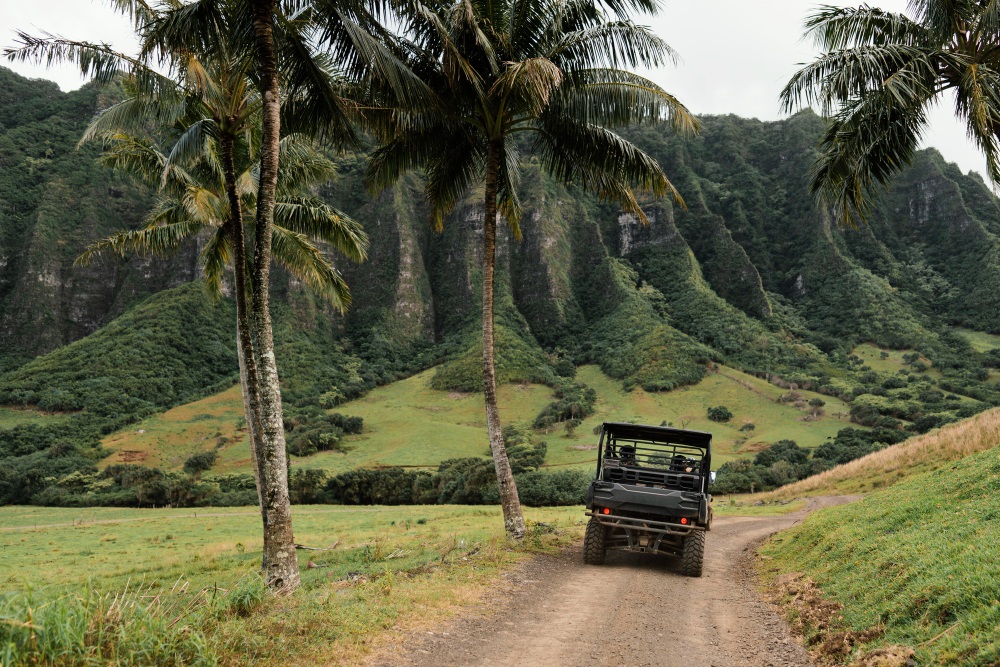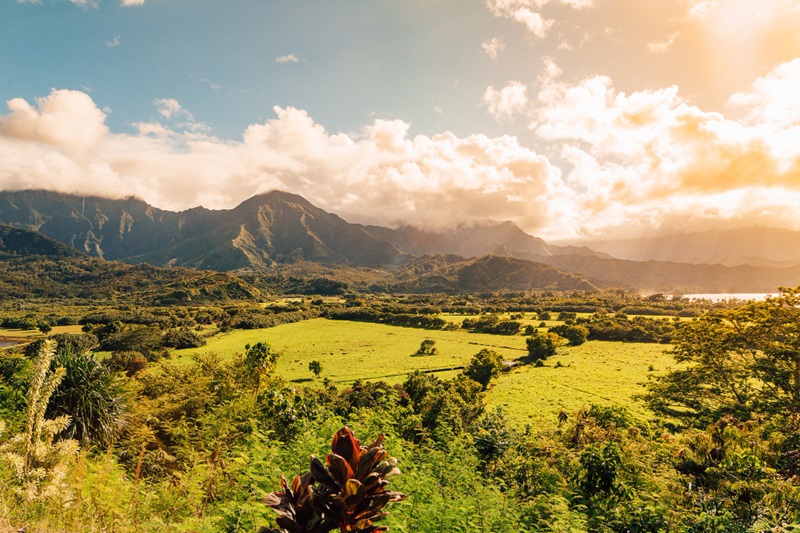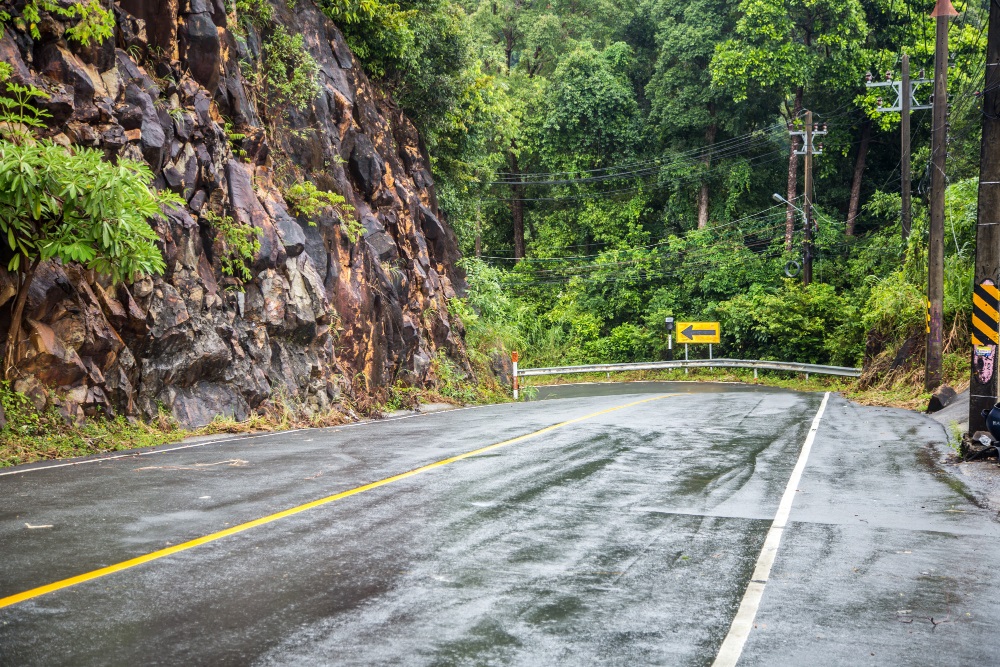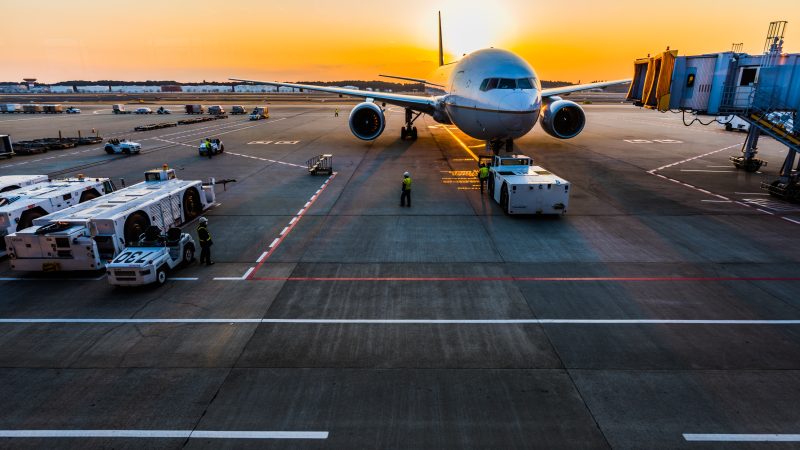Drive smart in Costa Rica: Top things to know

|
Getting your Trinity Audio player ready...
|
Embarking on a road trip through Costa Rica isn’t just a dream for many; it’s a journey through a land of lush cloud forests, pristine beaches, and mesmerizing waterfalls. Discovering Costa Rica by car offers an unparalleled opportunity to experience its wonders at your own pace, whether you’re there for a week or just a few days.
While the idea of driving in a foreign country might seem daunting, we’re here to reassure you: navigating Costa Rica’s roads is not only safe and enjoyable but an adventure in itself, one we’ve relished multiple times!
Before you set off, let’s explore some crucial insights to make your Costa Rican road trip unforgettable.

Embracing the Drive in Costa Rica
Driving in Costa Rica offers an unparalleled sense of freedom and adventure. With a personal vehicle, you can meander through the countryside, uncover hidden beaches, and stop at quaint villages along the way. The flexibility to create your own itinerary means you can spend as much or as little time as you wish at each location, avoiding the rush and limitations of scheduled tours. It’s an opportunity to immerse yourself in the Costa Rican way of life, stopping to enjoy local cuisines, interact with residents, and experience the country’s vibrant culture first-hand.
Insurance and licencing: a Non-Negotiable in Costa Rican roads
Navigating the ins and outs of insurance in Costa Rica can be confusing, but it’s a crucial aspect of your road trip planning. The mandatory insurance covers liabilities but not damages to your rental car. It’s vital to understand the extent of coverage and the deductible amounts. Some credit cards offer rental car insurance as a benefit; however, this may not be sufficient in Costa Rica due to local regulations. It’s always advisable to discuss your options with the rental agency and consider purchasing comprehensive coverage for peace of mind.
Understanding licensing requirements is crucial to avoid any legal complications. If your driver’s license is in a non-Roman alphabet, the international permit is not just a formality but a necessity. Make sure your license is valid and has been held for the required amount of time. Keep it along with your passport and rental documents handy, as traffic stops are common in Costa Rica.
Where to Rent a Car?
Selecting the right rental agency is key to a hassle-free road trip. Look for companies with transparent pricing and good customer service, as Jumbocar Costa Rica. Reviews and recommendations can be invaluable in this regard. Consider the types of cars offered – if you plan to explore rugged terrains or remote areas, a 4WD might be necessary. Also, inquire about roadside assistance services, which can be a lifesaver in case of an unexpected breakdown or accident.
The cost of renting a car in Costa Rica varies widely based on the type of car, the season, and the length of the rental. While it might seem economical at first, additional costs such as insurance, fuel, and deposits can add up. It’s wise to budget accordingly and consider the total cost when planning your trip. Remember, investing a bit more in a reliable vehicle and comprehensive insurance can make your journey smoother and more enjoyable.

Road Conditions: from smooth highways to rugged tracks
The diversity of Costa Rica’s landscape is mirrored in its road conditions. While main highways are generally in good condition, secondary roads, especially in rural areas, can be challenging. Be prepared for sudden changes in road quality, unexpected potholes, and occasional unpaved paths. This variety adds an element of adventure to your drive but also requires vigilance and a careful driving style.
Driving safety in Costa Rica
Safety on Costa Rican roads hinges on defensive driving and awareness of local driving habits. Traffic laws may be interpreted more flexibly by local drivers. Be particularly cautious at intersections and on mountain roads, where visibility can be limited. Keeping a safe distance from the vehicle ahead and anticipating the unexpected are key to a safe driving experience in Costa Rica.
Navigating with the Right App
In Costa Rica, technology is your ally on the road. Waze is particularly popular due to its real-time traffic updates and community-driven information. It can help you avoid traffic jams, road closures, and even alert you to speed limits and police presence. However, always have a backup plan, such as a printed map or offline directions, as cell service can be spotty in remote areas.
Waze stands out as the essential navigation tool due to its real-time, community-driven updates. This app excels in providing up-to-the-minute traffic information and alerts about road conditions, such as closures and hazards, which are crucial in a country where routes can rapidly change. Waze’s user-generated content offers invaluable local insights, suggesting routes that are popular among locals and often more efficient. However, it’s always wise to have a backup, like a printed map, especially in areas with spotty cell reception.
Remember to keep a car charger handy, as navigation apps can quickly drain your phone’s battery. While other apps like Google Maps can be useful for additional information like public transport and nearby amenities, Waze remains the top choice for accurate driving directions in Costa Rica. Its ability to adapt to the dynamic Costa Rican roads makes it an indispensable tool for any traveler in the region.
Trusting your route: verify with locals
While GPS and mapping apps are useful, they may not always be accurate in Costa Rica. Local knowledge is invaluable; consult with hotel staff or local residents, especially when planning to venture into less-traveled areas. They can provide insights into road conditions, travel times, and scenic routes that you won’t find on a digital map.
Road hazards to watch out for
From potholes to wildlife crossings, Costa Rican roads are full of surprises. Be vigilant for sudden obstacles, particularly in rural areas. One-lane bridges are common and require patience and courtesy. River crossings can be hazardous, especially after heavy rains; always assess the depth and current before crossing. And remember, wildlife is abundant and can cross roads unexpectedly, so keep your speed in check and your eyes on the road.
Night Driving: Not Recommended
The challenges of night driving in Costa Rica, from limited street lighting to unpredictable road conditions, make it advisable to avoid. If you must drive at night, do so with utmost caution, stick to well-known routes, and minimize long journeys. The risk of encountering wildlife or drunk drivers increases after dark, adding to the reasons to plan your travel during daylight hours.
Adhering to Road Rules
While Costa Rica’s traffic laws may seem similar to those in other countries, enforcement can vary. Speed limits, seat belt usage, and prohibition of mobile phone use while driving are strictly enforced. Familiarize yourself with local traffic laws to avoid fines or more serious legal issues. Keeping your documentation accessible and up-to-date is also crucial for smooth interactions with traffic authorities.
In Case of an accident
In the event of an accident, it’s crucial to stay calm and follow local protocols. Do not move your vehicle until the authorities arrive, as this can be considered an admission of fault. Contact your rental agency and insurance provider immediately. Document the scene with photos and gather information from any other parties involved for insurance claims.
Parking Safely: avoid Illegal Spots
Parking regulations in Costa Rica are strictly enforced. Illegal parking can lead to fines or more severe penalties like the removal of your vehicle’s license plate. Look for designated parking areas and adhere to local signage. In urban areas, paid parking is often the safest option, while many tourist spots offer secure parking facilities.






